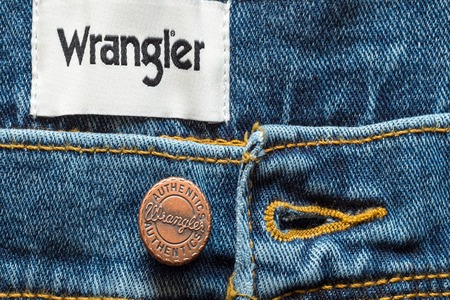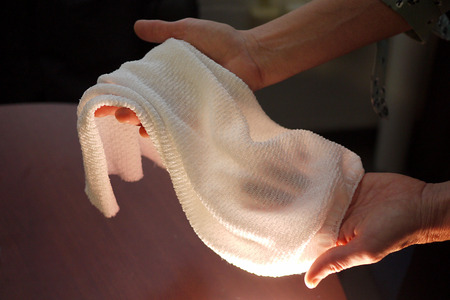
Lebanese textiles factory in turmoil
YarnsandFibers News Bureau 2019-04-15 14:45:00 – LebanonThe Mzannar family’s 300-year-old textile business survived Lebanon’s civil war by making uniforms for militiamen. But its business savvy was no match for years of economic malaise that followed and it has now shut its factory.
The head of Lebanon’s chamber of commerce chief said last year nearly 2,200 businesses had closed, warning that more would collapse. And while there is dispute over those numbers, Lebanese mostly agree the economy is in dire shape.
For Naji Mzannar, who started working at the fabric factory in the 70s before running it, an array of challenges drove the decline of his business and its inability to compete with cheaper goods from abroad.
“It was a build-up. Everything became losses, losses,†he said. “How long are you supposed to keep suffering?â€
Built in 1946 and spread over three storeys, the factory made textiles for clothing and household use such as curtains or towels. Mzannar fought to keep it afloat until production came to a halt in 2018.
In interviews with Reuters, business owners such as Mzannar, employees, and experts blamed the slowdown on problems including regional turmoil, lousy infrastructure, government waste or corruption, and high interest rates.
Whether the new government tries to improve conditions, as it vows urgently to do, the effects of years of political sclerosis and stalled reforms are already inescapable: more companies going out of business and workers losing jobs.
The government publishes few reliable economic statistics, and gives no regular unemployment numbers, but last year Prime Minister Saad al-Hariri said it stood at about 30 percent.
With pillars such as tourism and real estate in the doldrums, economic growth has averaged 1-2 percent since the conflict erupted in neighboring Syria in 2011, after averaging 8-9 percent growth in the years before that.
“There is a deterioration. There is a rise in companies closing down and in unemployment. For sure, they come together,†said former economy minister Raed Khoury.
“There are small and medium companies suffering a lot.â€
Daily state power and water cuts leave industrialists relying on private supplies that push up costs. Taxes have gone up, but neither infrastructure nor public services have improved.
For some firms, Syria’s war blocked access to neighboring markets and added security measures congesting the roads.
With a risky political climate and a currency pegged to the dollar, Lebanon has high interest rates that keep deposits flowing into its banks. But these rates also discourage borrowing - which producers such as Mzannar need to invest in new machinery.
The policies that have kept the Lebanese pound stable through turmoil at the same time failed to protect or boost local production, Mzannar and others said.
The number of his employees went from a peak of 75 to 40 in about 2010, and eventually only 10 people were left.
They still work for him, but at a shop near the factory selling bales of cloth it had produced, as well as imported textiles from Europe.
While his shop fares much better than the factory, he, like many others, fears people have less to spend. “We felt this the most in 2018.†Sales halved last year and traders he had worked with for many years went bankrupt.
The remaining, old machines, stopped spinning a few months ago. Mzannar remembers playing in the factory when he was a young boy, but his own three children have all gone to work abroad.
Courtesy: Reuters
Market Intelligence
Ask for free sample Report

experience
Customer Base
dedicated team
Countries Served Worldwide









